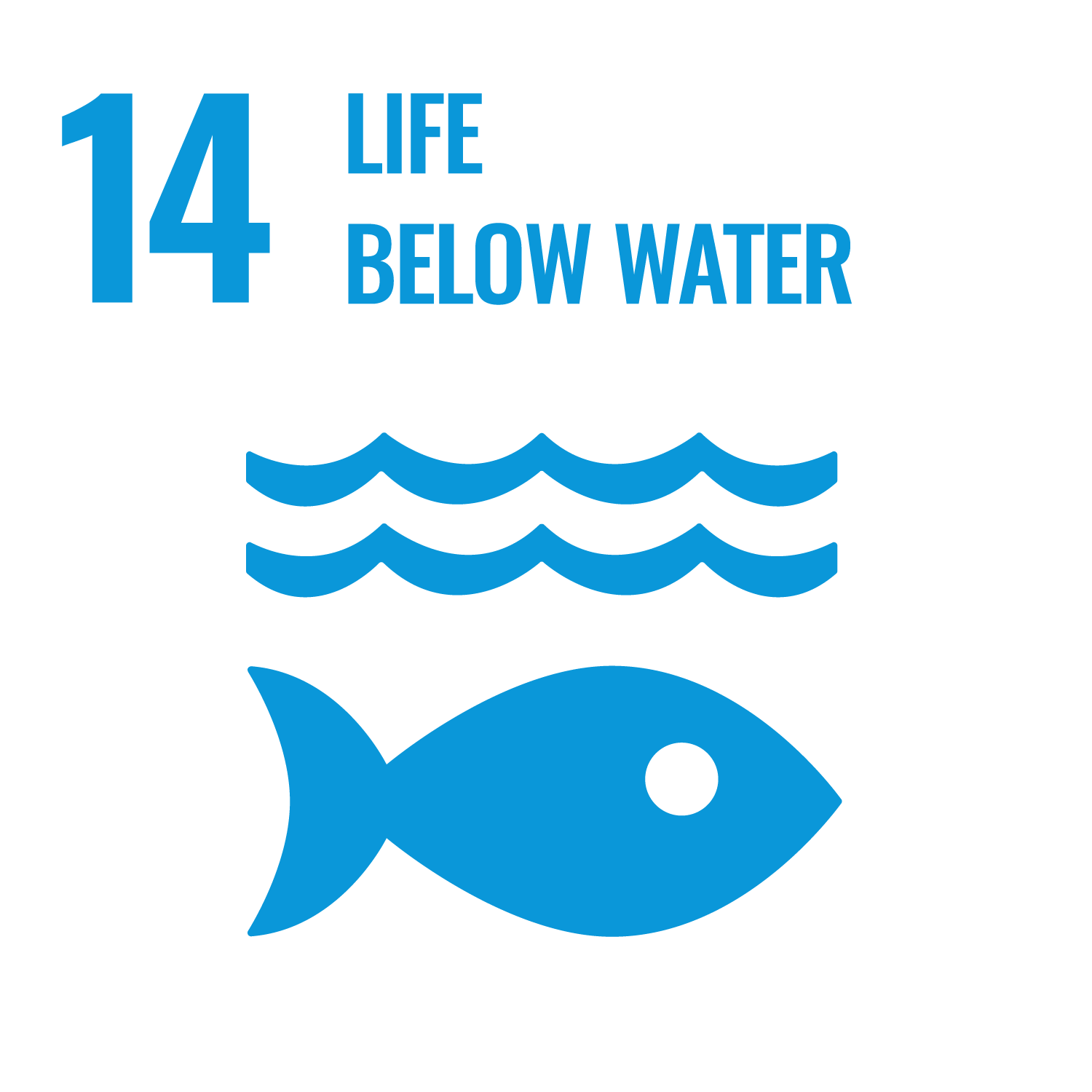


Protecting coral reefs in Indonesia

Thanks to you 👏
984
m² of protected reefs



213 comments
The project
OceanInternational aid
Restore 1,000 m² of coral reefs in a disaster zone in Indonesia.
Action regions
Asia
48 000
...corals transplanted to restored Yaf Keru reefs by February 19, 2024
1,5
hectarehectare of coral reefs actively restored & additional healthy reefs protected
9
...jobs created by local community members
Solution
Yaf Keru is an ambitious local development program, in Raja Ampat, Indonesia, around the protection and restoration of 3 to 5 ha of coral reefs by the end of 2025. The rehabilitation of 1 ha of coral reefs damaged by dynamite fishing should restore numerous fishing resources in the first year of the project.
The project should enable "coral gardeners" to take hold of the socio-economic value of coral reefs and the undeniable link between the health of the reefs and their communities by providing them with competitive wages.
News
Use of the money
- Rehabilitate an additional 3 ha of coral reefs.
- Restore fishing resources linked to the reefs.
- Continue to train coral gardeners, divers.
- Enable the local population (through "coral gardeners") to become actors in their own right in the rehabilitation of these ecosystems.
Action regions
Asia
Why we love it?
Working with all and for all - that's the heart of the Planète Mer project! By working hand-in-hand with local populations, scientists and fishermen, the "coral gardeners" are arming themselves with the most precious knowledge for preserving and restoring coral reefs in Indonesia.
All living species are linked by invisible ties, forming an immense, planet-wide web. We are part of this web, we depend on it, and we have only one choice: to be part of it.
Certified association
Planète Mer is an association certified by Dift, here are the criteria we evaluate:
Financial management
Innovation & efficiency
Entrepreneurial spirit, agility & ambition
Governance & values
Transparency, monitoring & impact measurement
Systemic impact
To learn more, visit dift.com/causes
Sustainable development goals

These projects might interest you





